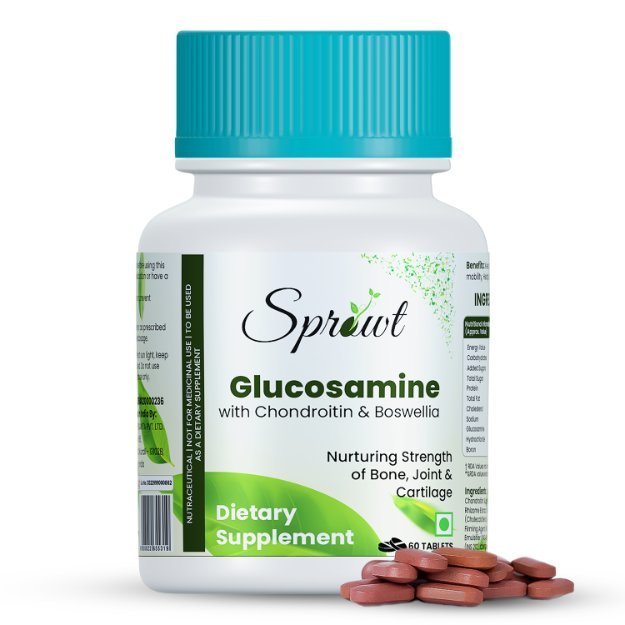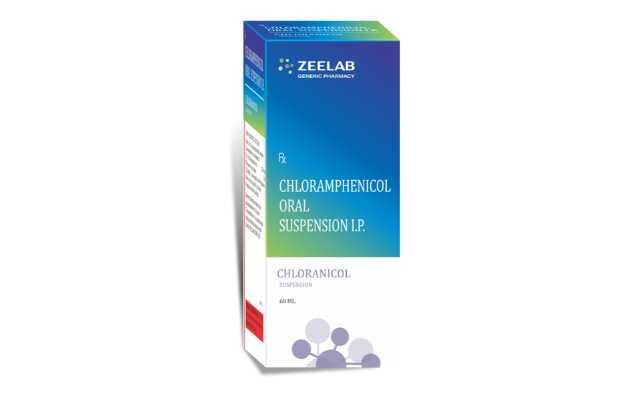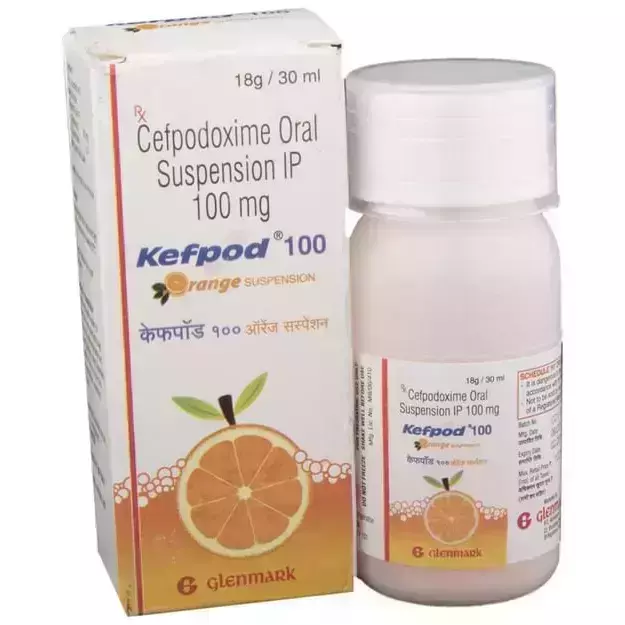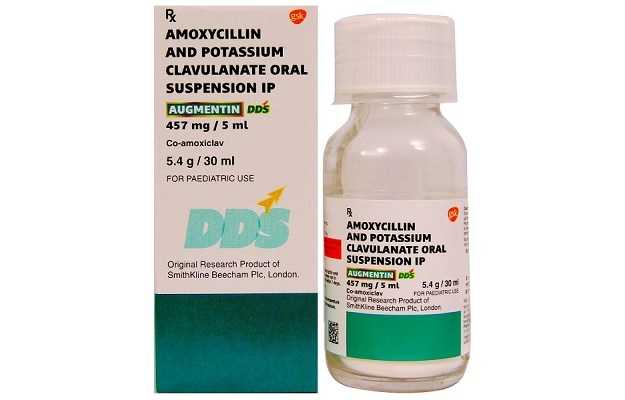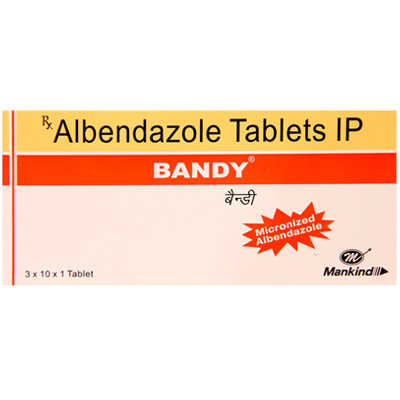Chloraxin is a prescription medicine that is available as a Suspension, Injection, Capsule. Primarily, it is used for the treatment of Bacterial Infections. The alternative uses of Chloraxin have also been explained below.
The right dosage of Chloraxin depends on the age, gender, and medical history of the patient. The condition it has been prescribed for, and the route of administration also determine the right dosage. For detailed information on this, read through the dosage section.
Apart from the aforementioned side effects, Chloraxin can also lead to other problems, which have been listed below. These side effects of Chloraxin are usually temporary and subside with the completion of treatment. If, however, they worsen or do not go away, please speak with your physician.
Furthermore, you should know that effect of Chloraxin is Severe for pregnant women and Severe for women who are breastfeeding. In addition, Chloraxin's effects on the liver, heart and kidney are discussed below in the Chloraxin related warnings section.
Chloraxin is contraindicated in people with pre-existing medical conditions like Kidney Disease, Liver Disease as it can result in adverse effects. Other contraindications of Chloraxin have been discussed in the sections ahead.
Drug interactions for Chloraxin have been reported in the medical literature. See below for a complete list.
Along with the above-mentioned precautions, remember that taking Chloraxin is considered safe while driving, and is addictive.
X














